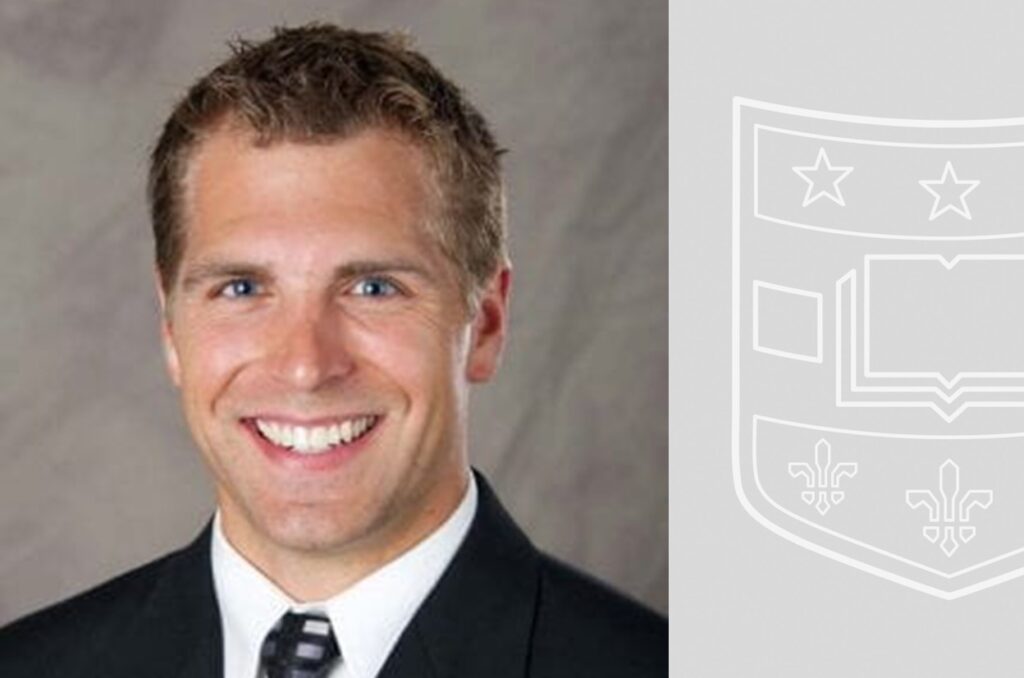After completing his medical and graduate studies at the University of Iowa, Dr. Benjamin Kopecky joined the Washington University in St. Louis Physician Scientist Training Program. He completed general cardiology fellowship and advanced heart failure and cardiac transplant fellowship programs prior to joining the laboratory of Dr. Kory Lavine. While a post-doctoral fellow in Dr. Lavine’s lab, he has established an interest in elucidating the donor and recipient immune cell interactions after heart transplantation. Using precise lineage tracing tools, he has shown that donor macrophages can be classified based on their expression of C-C chemokine receptor 2 (CCR2). Donor CCR2+ and CCR2- macrophages co-exist with recipient derived immune cells after transplant, have unique transcriptional signatures, and have opposing functions. He has developed a murine model of cellular rejection, but is interested in understanding both rejection as well as immune tolerance, the gold standard in transplant immunology. In transplant rejection, donor CCR2- macrophages are allograft protective. Donor CCR2+ macrophages result in graft rejection and inflammation. Their roles in transplant tolerance is unresolved.
Dr. Kopecky is interested in further elucidating the mechanisms of donor macrophage survival, proliferation, cell death, activation, and interactions with the transplanted heart. Secondly, as a competitive athlete, he is also interested in how exercise and nutrition alter the activation and function of heart resident immune cells, specifically after heart transplantation. Diet and exercise are well-known to be causative in native heart disease, but the roles they play in the transplant population is unstudied. Given the importance of the immune cell populations after transplant and the known modulation of the immune system by lifestyle choices, it is likely that understanding the roles that diet and exercise play after transplant may have significant clinical impact. Research Area: He is interested in the immune response after heart transplantation. The donor and recipient immune cells interact to modulate alloreactivity after heart transplantation. Current immunosuppression targets downstream effector T-cells. Understanding the early immune cell interactions, especially the donor immune populations, may provide an opportunity to target immune activation to mitigate deleterious effects of systemic immunosuppression.
